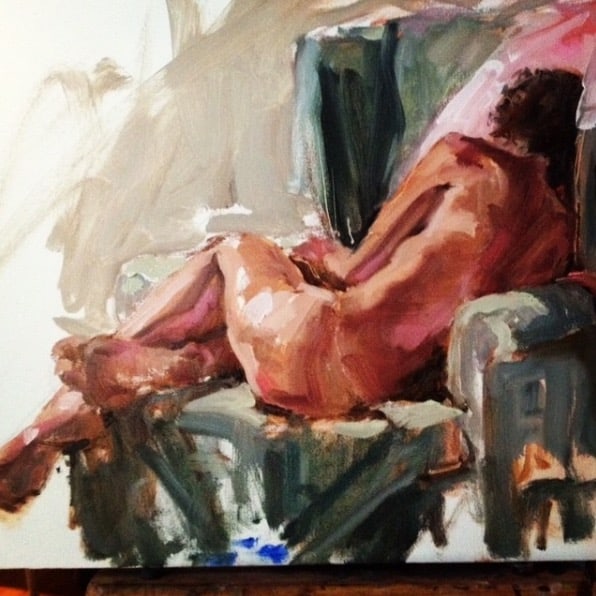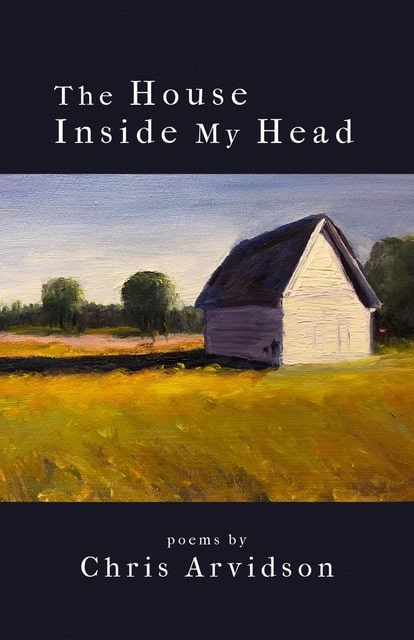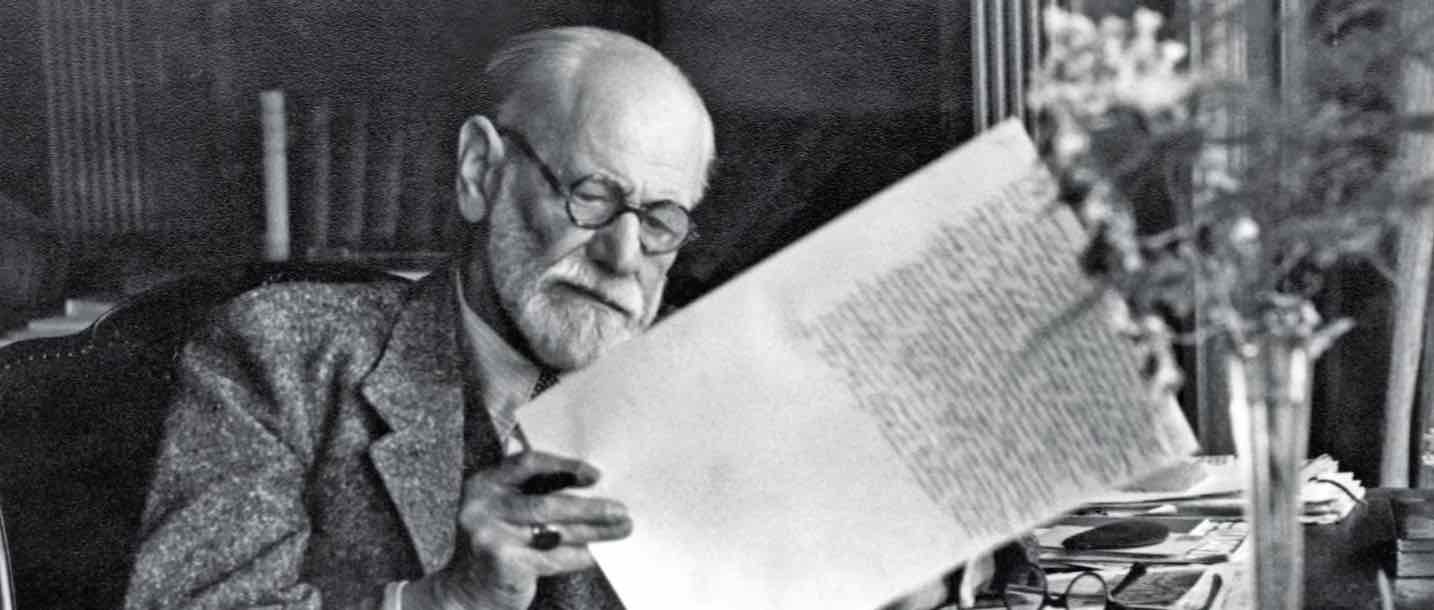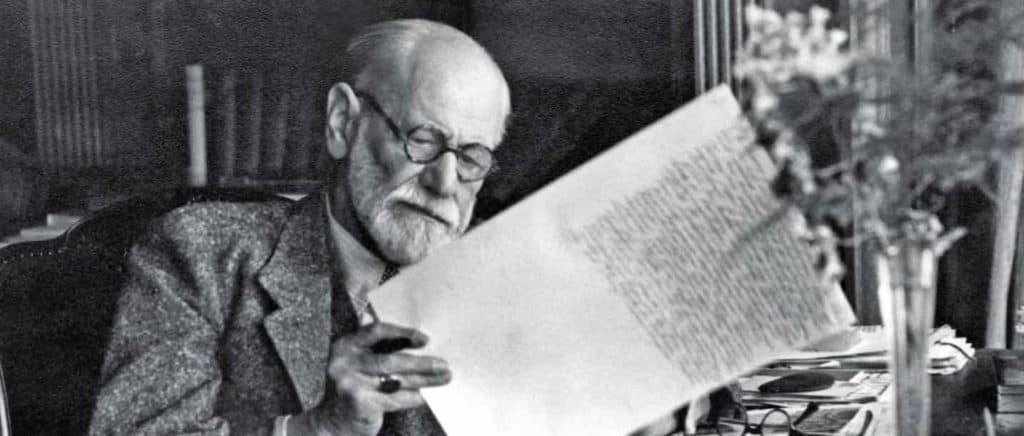We watched “Lady Chatterley’s Lover,” the new version, on Netflix. It was stunningly well done, acting, script, cinematography–just beautiful beyond words–but I need to re-read Lawrence to say how close to his literal story it was. But clearly the spirit is there, and the D. H. dichotomies of the flesh and the mind, human tenderness and oppression, sexual freedom and societal duty, passionate sensuality and obligation, flight and fear, escape and resignation.
Category: Literary
The House Inside My Head: I Just Preordered this New Book!
On Writing
Arthur Koestler once wrote that his attempt to write biography rose out of what he called the “Chronicler’s urge” and the Ecce Homo motive, both driven by a desire to transcend the self. I think the same can be said for my own lifelong desire–since high school living in boarding school in France outside Paris–to write contemporary fiction–which is inevitably a form of veiled or not-so-veiled (think Woody Allen!) bio-fiction. However, I would add the Hemingway sense of “getting it right,” somehow capturing our common human hours and days in a way that brings the reaction–yes, that’s the way it was! That’s the way it is!
Tell the tale tale, tell the tall tale,
The idiot sputtered to the table
Yes, indeed, tell the tale tale,
That tall tale of life…

Blinded by the Light…
“I know that in writing I have to blind myself artificially in order to focus all the light on one dark spot, renouncing cohesion, harmony, rhetoric and everything which you call symbolic, frightened as I am by the experience that any such claim or expectation involves the danger of distorting the matter under investigation, even though it may embellish it. Then you come along and add what is missing, build upon it, putting what has been isolated back into its proper context. I cannot always follow you, for my eyes, adapted as they are to the dark, probably can’t stand strong light or an extensive range of vision. But I haven’t become so much of a mole as to be incapable of enjoying the idea of a brighter light and more spacious horizon, or even to deny their existence.” (Sigmund Freud, Letter to Lou Andreas-Salomé, May 25, 1916)



